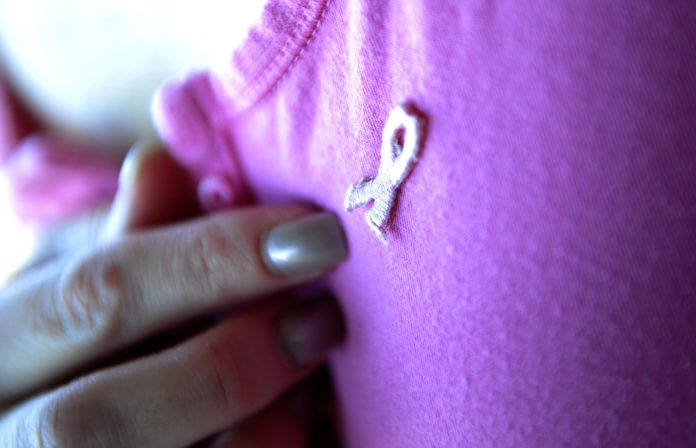A paper in Lancet Oncology by India’s premier cancer research agency flags need for India specific biomarkers
Bucking a worldwide trend, Indian women bear the brunt of cancer.
Citing this gender disparity in cancer incidence, a paper by researchers from the National Institute of Cancer Prevention and Research-Indian Council of Medical Research (ICMR-NICPR), published recently in Lancet Oncology has called for largescale genomic studies in India to identify India specific biomarkers. Biomarkers are compounds or gene fragments that are found in the body and can be used as predictors for certain conditions.
It is estimated that the real burden of cancer in Indian women could be in the 1-1.4 million range, double the reported incidence on 0.7 million cases.
The burden of cancer in India is estimated at over 1·5 million new cases, for both sexes, and is predicted to nearly double in the next 20 years with age-adjusted mortality rates of 64·5 per 100 000 people. “The proportion of cancer diagnoses in India is higher in women than in men, which is in marked contrast to the worldwide age-standardised cancer incidence of a 25% higher incidence in men than in women. Cumulatively, breast, cervical, ovarian, and uterine cancer account for more than 70% of cancers in women in India,” the paper says.
What is more, survival rates in India are poorer with less than 30% crossing the five year mark. It is estimated that the real burden of cancer in Indian women could be in the 1-1.4 million range, double the reported incidence on 0.7 million cases.
The paper argues that understanding differences that are specific to India through genomics could enable the identification of women who are at a high risk of developing cancer, in which targeted screening could be cost-effective.
The Study published last month recommended: “Large-scale studies recruiting unselected women with breast, ovarian, and uterine cancer from across rural and urban regions of India are urgently needed. Studies should incorporate clinical, pathological, and survival data from Indian women tested with pan-cancer panels using next-generation sequencing to characterise the prevalence and spectrum of mutations and variants of uncertain significance. To tease apart intrinsic biological differences from environmental factors, and to assess the interplay of these two factors, data should be collected on epidemiological characteristics and environmental exposures to potential carcinogens.”


